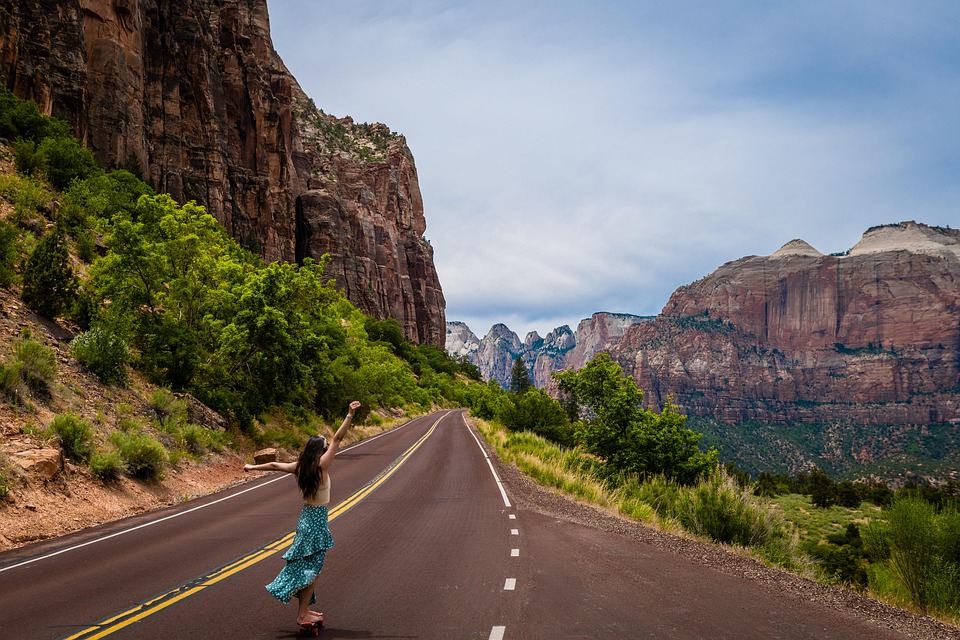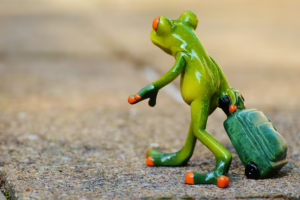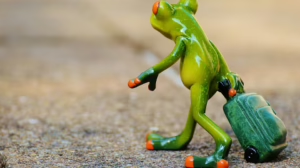Traveling Safely: Essential Tips for Navigating the World Post-Pandemic
As the world emerges from the shadows of the COVID-19 pandemic, travel is once again becoming a significant part of our lives. However, the landscape of travel has evolved, demanding new considerations and precautions to ensure our safety. In this article, we’ll explore essential tips for navigating the world safely as you embark on your next adventure.
Understanding the New Normal in Travel
Changes in Travel Policies
Post-pandemic, many countries have instituted new travel restrictions and entry requirements. This can include health checks, proof of vaccination, or negative COVID-19 tests. Always check the current regulations of both your departure and destination countries before booking.
The Rise of Enhanced Health and Safety Measures
Airlines, hotels, and travel companies have adopted enhanced health and safety protocols. From contactless check-ins and mandatory masks to frequent sanitization, these measures aim to protect travelers. Familiarize yourself with these protocols to ease your mind while traveling.
Preparing for Your Trip
Travel Insurance: A Must-Have
In the wake of COVID-19, comprehensive travel insurance has become more important than ever. Look for plans that cover cancellations, medical emergencies, and unforeseen circumstances due to the pandemic. Ensure that your insurance explicitly covers COVID-related issues, as policies can vary significantly.
Health Preparations Before You Go
- Vaccination: Ensure that you are fully vaccinated, including any recommended boosters. This not only protects you but also those around you.
- Consult Your Doctor: Discuss your travel plans with your physician. They may have recommendations on vaccinations or medications based on your destination.
Packing Smartly
- Travel Essentials: Pack masks, hand sanitizers, and disinfecting wipes as non-negotiable travel necessities.
- Medications: Bring enough prescription medications, as well as over-the-counter remedies, to cover your entire trip, plus a few extra days, just in case.
During Your Journey
At the Airport
- Arrive Early: Allow extra time for security checks, which may take longer due to heightened health protocols.
- Follow Social Distancing Guidelines: Maintain distance from other travelers wherever possible, and follow any guidelines posted at the airport.
Onboard the Aircraft
- Wear Your Mask: While many airlines allow you to remove your mask while eating or drinking, it should be worn at all other times.
- Minimize Movement: Stay seated as much as possible, especially during boarding and disembarking, to reduce contact with others.
At Your Destination
- Local Health Guidelines: Familiarize yourself with the local COVID-19 guidelines of your destination. These can differ widely and change frequently.
- Stay Informed: Use reliable sources, such as the World Health Organization (WHO) and CDC, to keep up to date on travel advisories and local outbreaks.
Choosing Accommodations Wisely
Prioritize Health and Safety Practices
- Research Your Options: Choose hotels or accommodations that implement rigorous cleaning protocols and offer flexible booking options.
- Contactless Services: Opt for accommodations offering contactless check-in/check-out and room service.
Consider Alternative Lodging
Vacation rentals can provide a more private environment with fewer shared spaces. Ensure that the property adheres to sanitation guidelines before booking.
Navigating Transportation
Rely on Private Transport
When possible, opt for private transport options like taxis or rented vehicles instead of public transport. If you must use public transportation, keep your distance from others, wear a mask, and practice good hand hygiene.
Ride-Sharing Services
If using a ride-sharing service, check if their protocols include cleaning measures and driver health checks. Opt for rides with less crowded situations, like spaces that allow for distance.
Exploring Responsibly
Outdoor Activities Over Crowded Attractions
Choose outdoor activities that allow for social distancing over crowded tourist spots. National parks, nature reserves, and outdoor sports can be great alternatives.
Support Local Businesses
Ethically support local economies by dining in local restaurants and buying from local artisans, but ensure that these establishments adhere to health protocols.
Maintaining Health Awareness
Monitor Your Health
Pay attention to how you feel throughout your journey. If you develop symptoms consistent with COVID-19, take precautions. Be prepared to seek medical attention and follow local health guidelines.
Stay Hydrated and Nourished
Good health during travel begins with hydration and nutrition. Drink plenty of water and eat a balanced diet to keep your immune system strong.
Returning Home
Follow Re-entry Guidelines
Stay updated on your home country’s re-entry guidelines. Depending on your travel history, you may need to undergo testing or quarantine upon return.
Self-Monitor for Symptoms
After your trip, continue to monitor your health for signs of COVID-19 for at least 14 days. If symptoms appear, seek testing immediately.
Stay Informed and Flexible
Continuous Education
Travel regulations can change rapidly. Join travel forums, follow reputable travel blogs, and keep an eye on your government’s travel advisory pages, so you are always in the know.
Be Prepared to Adapt
Flexibility is key when traveling post-pandemic. Be prepared for last-minute changes, cancellations, or relocations based on evolving health situations.
Conclusion
Traveling in a post-pandemic world requires a shift in our approach to safety and preparation. By prioritizing health measures, understanding local guidelines, and embracing flexibility, we can navigate our journeys with confidence. Every trip we take is an opportunity to explore and connect with the world, but it is crucial that we do so with awareness and responsibility.
This evolving dialogue about travel is essential — it not only enriches our experiences but also fosters a greater sense of community and safety in the global landscape. As we embark on new adventures, let us remember that health and safety are paramount, and together, we can navigate this journey more effectively in a post-pandemic world.
Works Cited
- World Health Organization (WHO). "COVID-19 and International Travel: A Guide for Travellers." WHO COVID-19.
- Centers for Disease Control and Prevention (CDC). "Travel Recommendations by Destination." CDC Travel.
- Travel Insurance Association of America. "Travel Insurance Basics." TIA.
- International Air Transport Association (IATA). "Health and Safety Measures for Air Travel." IATA.
- National Park Service. "COVID-19 Response." NPS.
(Note: References and data should be verified for accuracy and updated status when needed.)


























Add Comment